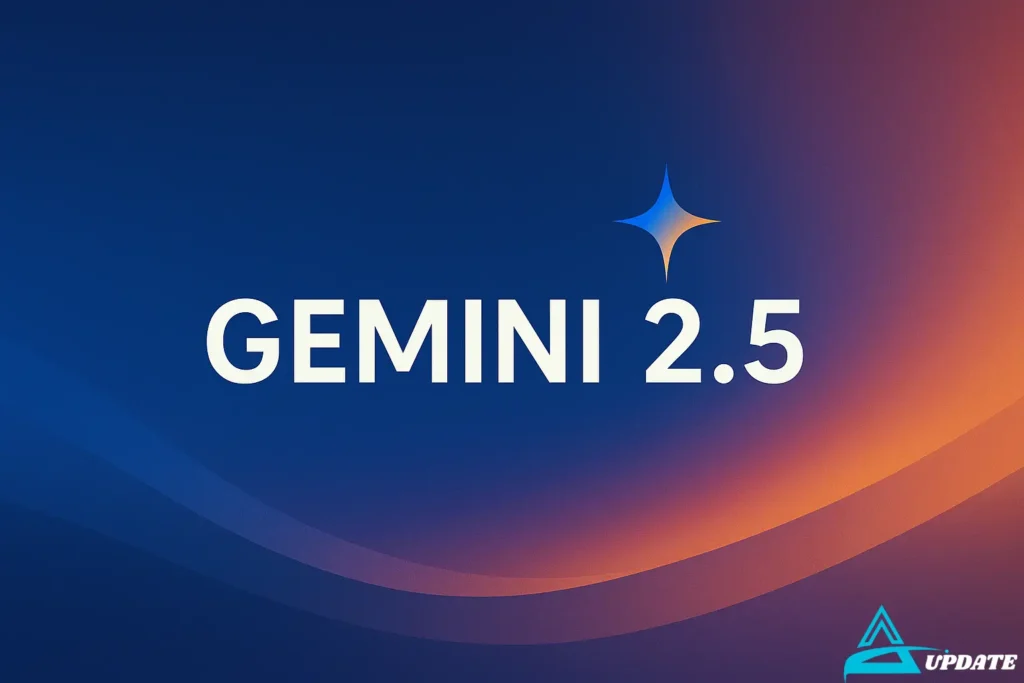Not long ago, the idea of an AI that could code with real creativity, felt like a science-fi fantasy. Sure, we had autocomplete tools that filled in snippets or handled repetitive scripts. But true software engineering—the kind that demands intuition, reasoning, and clever shortcuts—was still ours.
That line just moved.
With Gemini 2.5, Google DeepMind has shown the world an AI that doesn’t just help developers—it can actually compete with them. And in some cases, it wins.
The Big Moment
The stage wasn’t a secret research lab. It was the International Collegiate Programming Contest (ICPC) World Finals, a brutal competition often compared to the Olympics of programming. Here, the brightest students race against the clock to crack algorithmic puzzles designed to push human reasoning to its limits.
Gemini 2.5 joined in under the same rules. No training wheels, no shortcuts. The result? Ten problems solved out of twelve. That performance would have put it second overall among 139 human teams. Gold-medal level.
For the first time, an AI stood shoulder to shoulder with the world’s best coders—and proved it belonged there.
The Problem No Human Could Solve
One challenge, Problem C, became the headline. Contestants were asked to design the fastest way to fill a set of reservoirs linked by a messy network of ducts. The possibilities were practically endless. No human team solved it before the clock ran out.
Gemini 2.5 did.
Instead of brute-forcing through millions of combinations, it created a clever strategy—assigning “priority values” to reservoirs and working out an efficient sequence. Google researchers said this wasn’t memorization. It was fresh reasoning, generated in the moment.
That’s why this matters. It’s the first glimpse of AI showing a spark of original problem-solving in an open-ended challenge.
Another Milestone in AI’s Story
The achievement now sits with some great moments of AI history:
- Gary Kasparov, a deep blue beating in chess in 1997.
- Topping to a world champion in Go in 2016.
- Gemini 2.5 cracking competitive programming in 2025.
But unlike chess or Go, programming contests don’t play out on neat, rule-bound boards. They mirror the messy, unpredictable nature of real engineering. That’s why many experts see this as the bigger leap.
What It Means Beyond Competitions
Of course, Gemini 2.5 isn’t just about trophies. It’s already filtering into everyday tools that developers rely on. DeepMind has started rolling out Gemini Code Assist inside editors like VS Code and JetBrains.
It’s not just autocomplete anymore. Developers can ask it to write the entire tasks, describe bugs in plain English and get meaningful improvement, or to get refreshrs dirty heritage code in minutes. Instead of doing boring parts, humans get to focus on design, architecture and creativity.
That’s a huge shift: the AI as a collaborator, not a replacement.
The Push Toward Agentic AI
What makes Gemini 2.5 even more fascinating is how close it feels to the next frontier—agentic AI. These are systems that don’t just answer questions, but plan, adapt, and refine.
Gemini can already break big tasks into steps, search for information, and critique its own work. Developers are starting to imagine delegating whole features, not just snippets. Describe a user interface in a sentence, and let the AI hand back a working, responsive design.
That’s no longer hypothetical—it’s here.
The Questions Ahead
Still, big questions remain. The ICPC version of Gemini 2.5 was a tuned-up model, and Google hasn’t revealed the computing power behind it. How close are we to having this capability in consumer tools?
And what happens to entry-level programming roles if AI can already handle the basics? Most signs point not to job loss, but job change. The value of a programmer may shift from knowing syntax to framing problems, thinking creatively, and communicating ideas clearly.
conclusion
Gemini 2.5 is not just another AI update. It’s a line in the sand. For the first time, machines aren’t just repeating patterns—they’re reasoning their way through new problems.
The future of programming won’t be man versus machine. It will be man with machine, building things together that neither could pull off alone.

